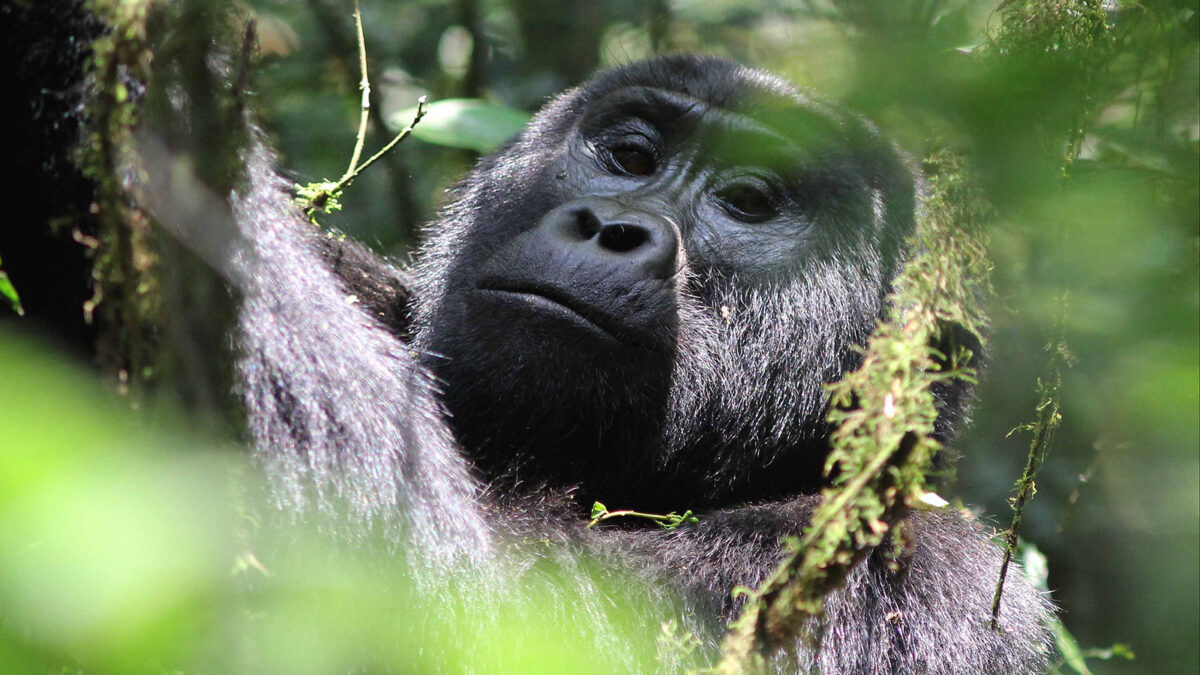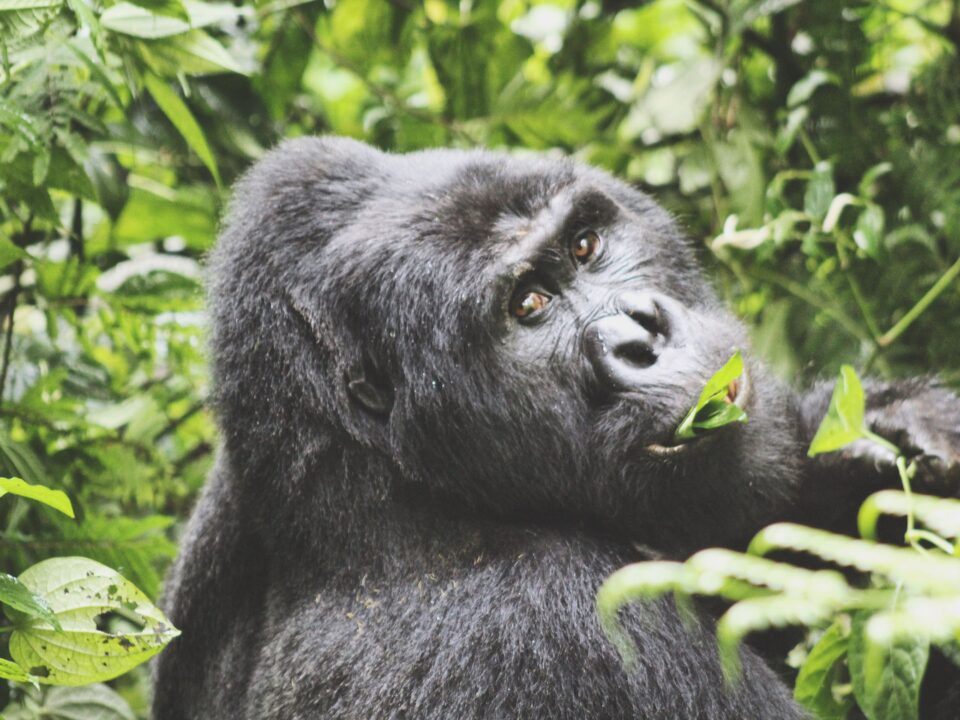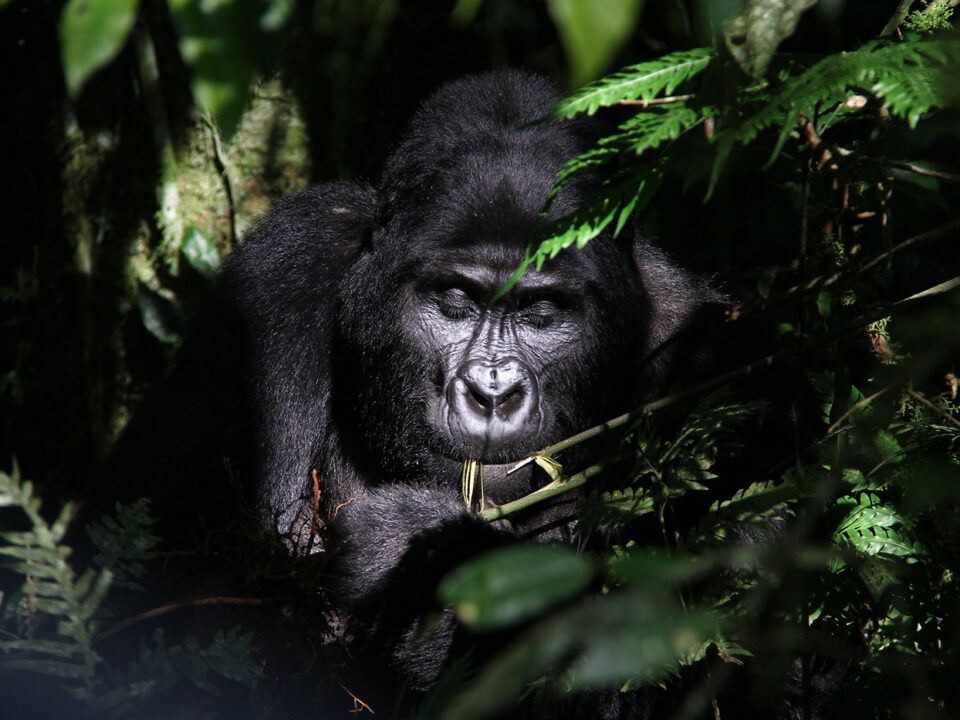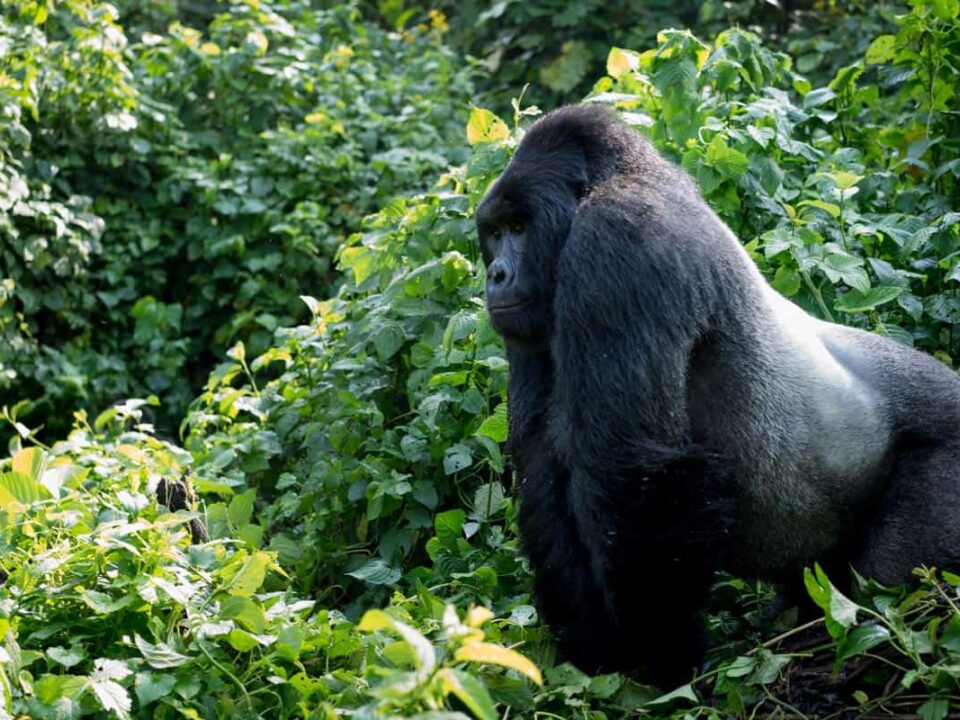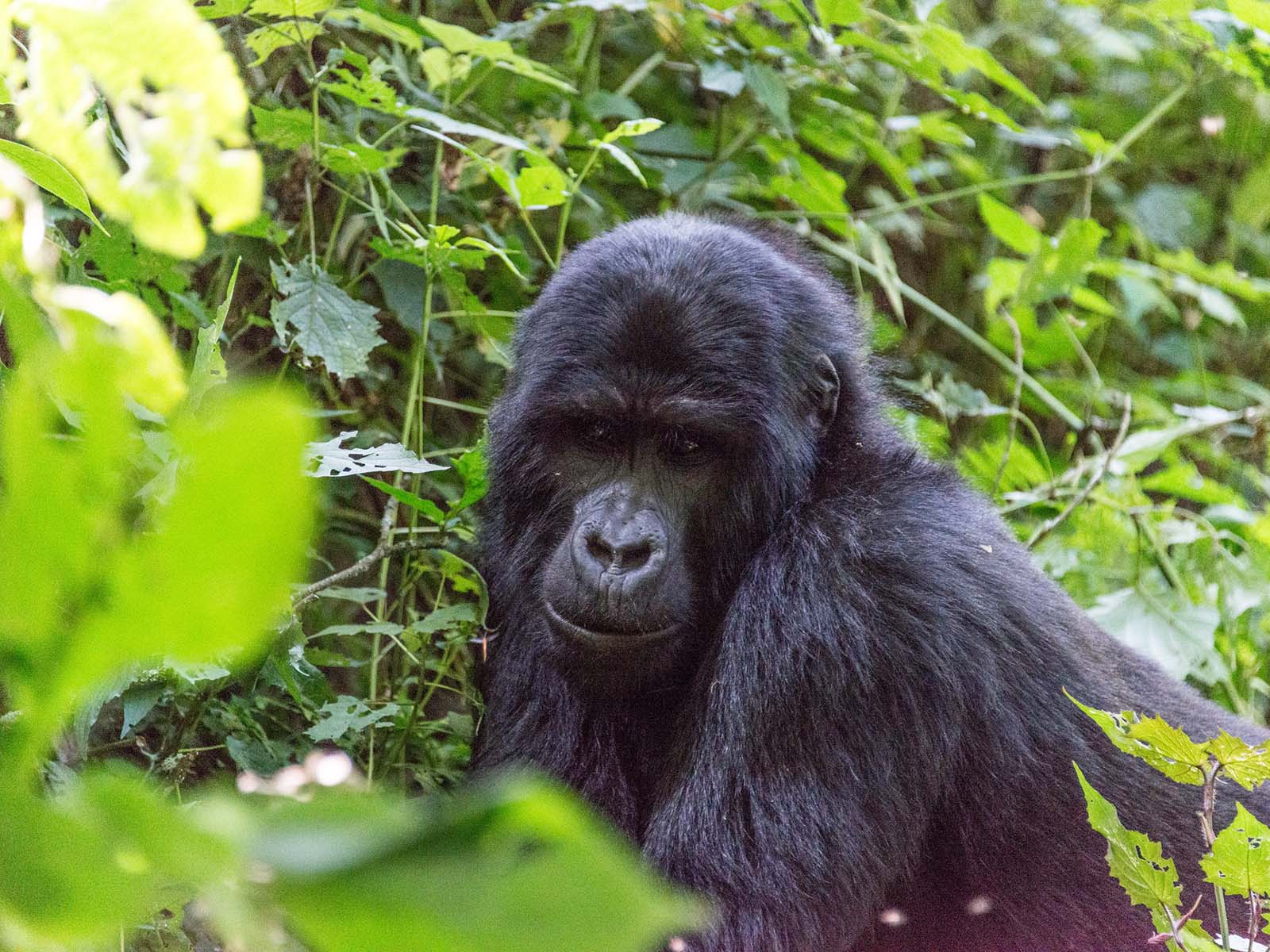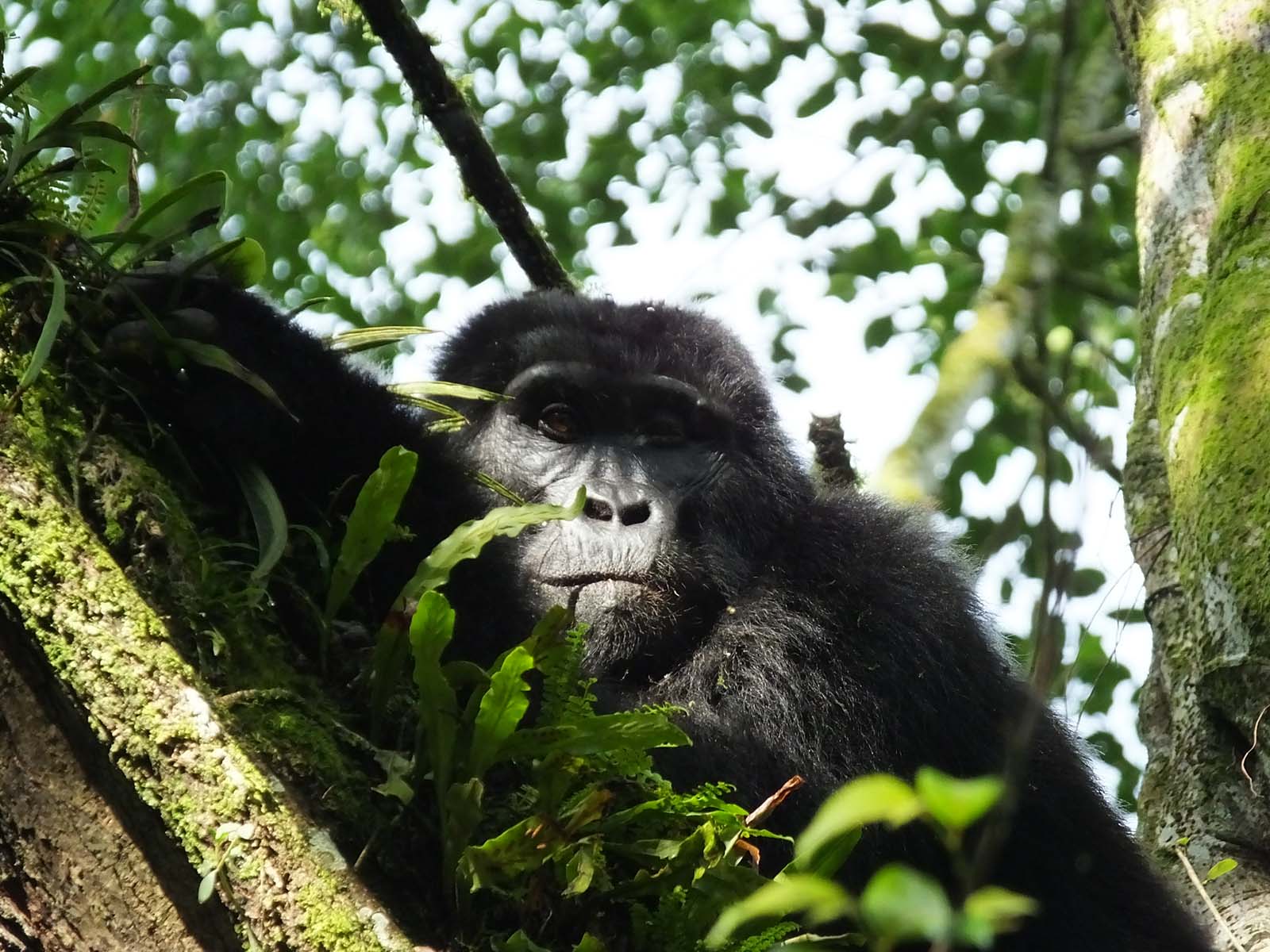Gorilla Tracking Safari in July – Optimal Conditions for Adventure
Embark on a mesmerizing Gorilla Tracking Safari in July, a month characterized by low rainfall, creating ideal conditions for both Gorilla trekking and wildlife safaris in Uganda. Across National Parks like Queen Elizabeth National Park and Murchison Falls National Park, wildlife congregates around water sources, enhancing your chances of spotting diverse animal species.
The Pinnacle of Gorilla Tracking: Best Time in July
July emerges as the pinnacle for Gorilla tracking, benefiting from mostly dry weather that simplifies hiking paths through the lush landscapes. This month stands out as a prime travel period, demanding early bookings for Gorilla tracking permits and accommodations due to heightened popularity. Uganda, with its equatorial climate and unique weather patterns influenced by Lake Victoria, remains a year-round tourist destination, with July identified as a standout month for Gorilla safaris amid the dry season.
Optimal Climate and Accessibility in July
Enjoy warm temperatures and minimal rainfall during July, creating an optimal climate for various activities. Although peak season comes with higher prices, the ease of trekking conditions makes it the preferred time for travel enthusiasts. Particularly when tracking Mountain Gorillas, the temperatures can soar, accentuated by the exertion of trekking. It’s advisable to wear longer, lightweight trousers and sleeves in the forest. While temperatures are generally high, areas around Lake Victoria may experience slightly cooler weather due to the higher altitude.
Gear Up for Varied Temperatures
Mornings and late evenings may bring cooler conditions, prompting the need for extra layers. Even though Gorilla tracking is restricted for children under 15, July remains an excellent time for a family safari holiday in Uganda, offering an array of alternative safari options.
Safety Tips for an Enriching Experience
Uganda, known for its safety and stability, still requires travelers to exercise caution. In urban areas, follow standard precautions to safeguard valuables, especially in crowded places. Vigilance during nighttime activities, whether walking or driving, is crucial. Political demonstrations in cities should be avoided due to their potential confrontational nature.
Navigating the Roads of Uganda
With a high rate of road accidents, self-driving travelers should exercise caution on unpaved, potholed, and bumpy roads, avoiding nighttime driving outside main towns. Speed limits vary, with 50 kilometers per hour in towns and villages and 80 kilometers per hour outside. Break the speed limit, and you may face fines or imprisonment. Always carry a spare tire and necessary tools for a smooth journey.
Essential Travel Insurance
For a worry-free holiday, secure comprehensive travel insurance covering medical emergencies and specific activities such as Gorilla tracking and white-water rafting. Ensure that your insurance includes provisions for medical evacuation.
Contact Trek Africa Expeditions for Unparalleled Guidance
For more insights and information about embarking on a Uganda safari in July, reach out to Trek Africa Expeditions. Our dedicated team is ready to provide the essential details for planning your African safari adventure to Uganda.

